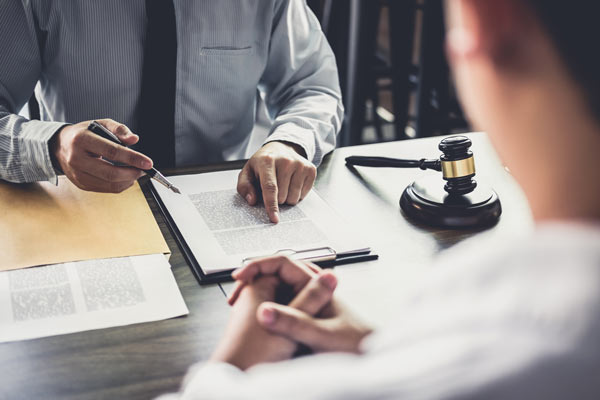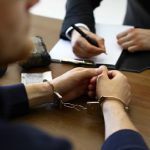Premises Liability Laws in Florida: What You Need to Know
Premises liability laws in Florida are designed to ensure that property owners maintain safe environments for visitors. When these obligations are not met, and accidents occur, victims have the right to seek compensation for their injuries. This article breaks down the key elements of premises liability claims and highlights the importance of legal support from experts like Michles & Booth for those navigating these cases.
Understanding Premises Liability
Premises liability refers to the legal responsibility that property owners have to maintain their premises in a safe condition. When an individual is injured due to a hazardous condition on someone else’s property, the owner or occupier can be held liable if they failed to take reasonable steps to prevent harm.
Common Types of Premises Liability Cases
Some of the most common premises liability cases in Florida include:
- Slip and fall accidents: Often caused by wet floors, uneven surfaces, or poorly lit areas.
- Negligent security: Injuries resulting from inadequate security measures, such as poor lighting or a lack of security personnel.
- Swimming pool accidents: Drowning or injuries due to unsafe pool conditions or lack of supervision.
- Dog bites: Incidents where property owners fail to prevent an aggressive animal from attacking a visitor.
Each of these cases can have unique legal implications, making it essential to understand the specifics involved.
Legal Obligations of Property Owners
Property owners in Florida have a duty to maintain their premises and ensure the safety of visitors. However, the extent of this duty varies depending on the type of visitor:
Invitees
Invitees are individuals who are on the property for the owner’s benefit, such as customers in a store. Property owners owe the highest duty of care to invitees and must take reasonable steps to inspect and maintain the property.
Licensees
Licensees are social guests or individuals on the property for their own purposes but with the owner’s permission. Owners must warn licensees of any known hazards that may not be immediately obvious.
Trespassers
Property owners owe the least duty of care to trespassers, but they must still refrain from willfully causing harm. In cases involving child trespassers, such as those attracted to a swimming pool, owners have a higher duty to ensure safety.
Proving a Premises Liability Claim
To succeed in a premises liability claim, the victim must prove:
- The property owner’s duty of care: Demonstrating that the owner had a legal obligation to maintain a safe environment.
- Breach of duty: Showing that the owner failed to address or warn about a hazardous condition.
- Causation: Establishing that the breach directly caused the victim’s injuries.
- Damages: Documenting the extent of the injuries and related losses, such as medical expenses and lost wages.
The Role of Legal Assistance
Navigating a premises liability case can be challenging without professional legal guidance. Florida Premises Liability Lawyers offer valuable support by:
Conducting Thorough Investigations
Attorneys gather critical evidence to strengthen a victim’s claim, including:
Surveillance footage
Witness statements
Maintenance and inspection records
Proving Negligence
An experienced lawyer helps build a compelling case by proving that the property owner’s negligence directly led to the accident. This often involves collaborating with safety experts and analyzing industry standards.
Negotiating with Insurance Companies
Insurance companies may try to minimize their payouts or deny liability altogether. Skilled attorneys handle all communications and negotiations to ensure victims receive fair settlements.
Types of Compensation Available
Victims of premises liability cases may be entitled to compensation for:
- Medical expenses: Covers emergency treatment, surgeries, rehabilitation, and ongoing care.
- Lost income: Reimbursement for wages lost due to recovery.
- Pain and suffering: Compensation for physical pain and emotional distress.
- Future medical costs: For ongoing treatments or long-term care needs.
Steps to Take After an Accident on Someone Else’s Property
If you are injured on someone else’s property, follow these steps to strengthen your claim:
- Seek Medical Attention: Prioritize your health and create a record of your injuries.
- Report the Incident: Notify the property owner or manager and file an incident report.
- Document the Scene: Take photos of the hazard and gather contact information from any witnesses.
- Consult with a Lawyer: Engaging an experienced attorney early can help you navigate the legal process and advocate for your rights.
Premises liability laws in Florida can be complex, but with the right legal support, victims can pursue the compensation they need to recover. Working with experienced attorneys like Michles & Booth ensures that victims have the resources and expertise necessary to handle their cases effectively.





